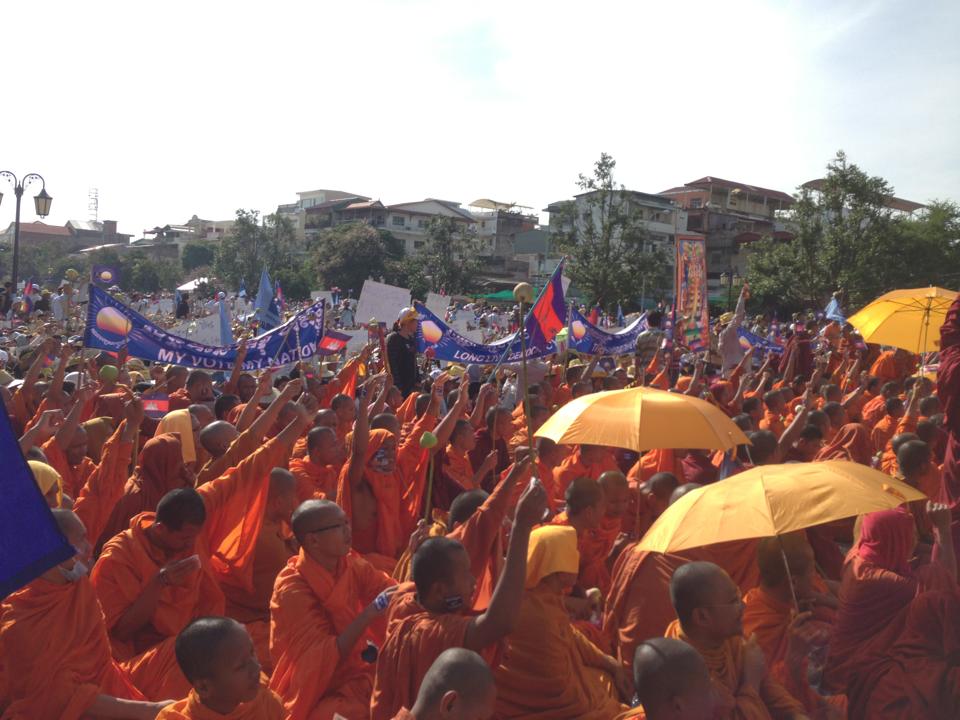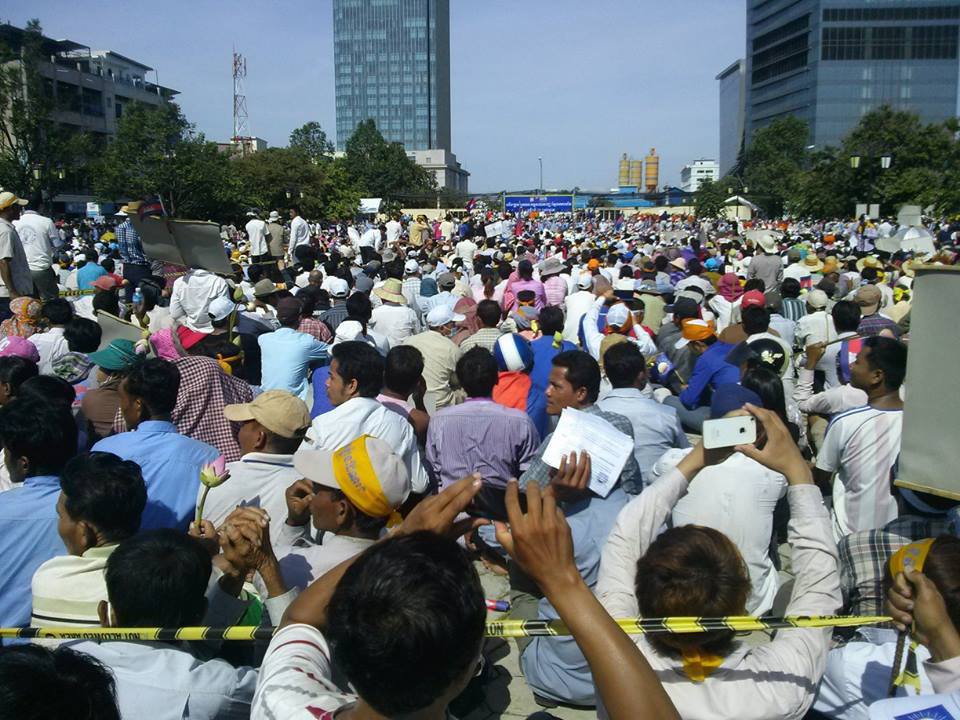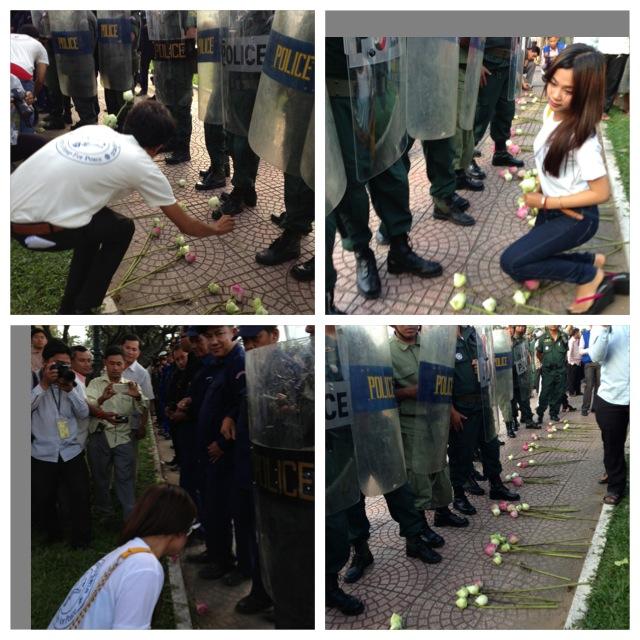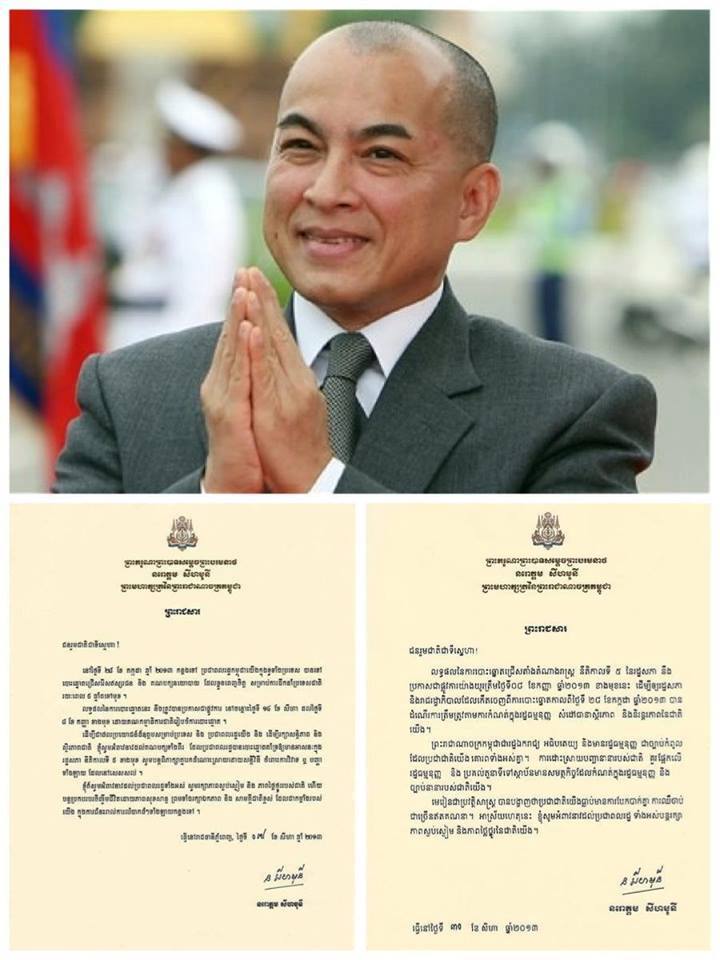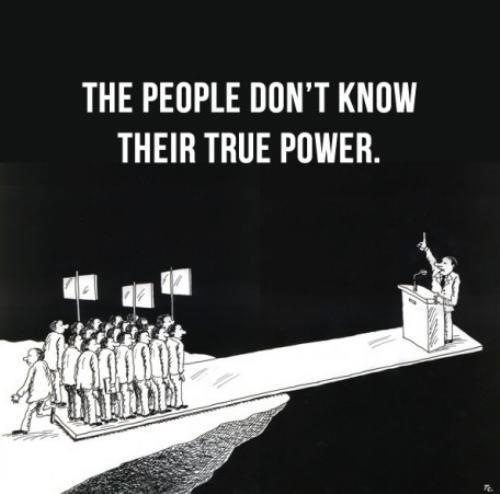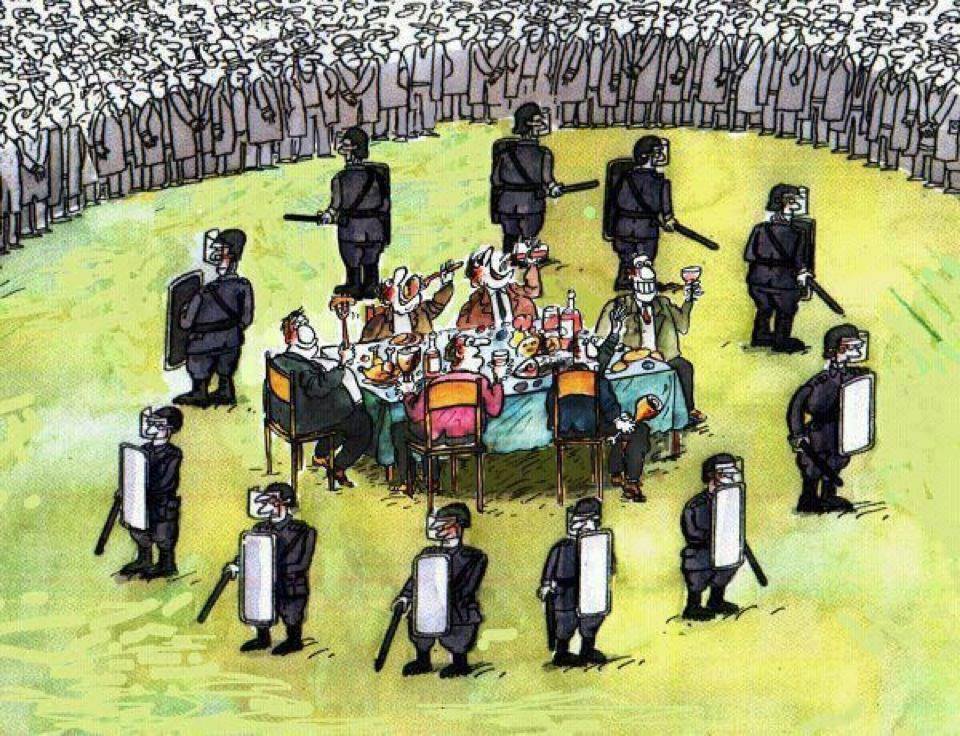Leadership
now browsing by category
Comment on the Letter Answering to Foreign Media Outlet
Comment: reading the letter responding to the media outlet “The Nation of Thailand” by the spokesperson for Cambodia’s undersecretary of state Mr. Koy Kuong, has triggered my thought on the passive reaction or impassive responsiveness of the Cambodia’s political leadership. In school, I take for grant from all comments, feedbacks and critics to actively adopt, adjust and adjourn my presentation. The author has responded into small bullets to explain key point to the former article. Those bullets are clearly exhibiting the good intention of the later but visibly lacking diplomatic maturity and “macro political leadership”. For instance, the rebut on the verge of “Jasmine Spring” mentioned by the former, I think they referred to the turnout of voters to increase the seats of CNRP; but the rebut evidently reflected that the “Jasmine Spring” is the people power or mass demonstration to topple the incumbent leader.
Cambodian people free to choose for themselves
Special to The Nation September 4, 2013 1:00 am
In response to the article entitled “Cambodia: Sliding toward a ‘Jasmine Spring?’ by Lawrence Gundersen and Scott Mikalauskis, published on August 31:
First of all, after His Majesty Sultan Haji Hassanal Bolkiah of Brunei Darussalam, Cambodian Prime Minister Hun Sen is Asean’s longest-serving leader. He has been in office for so long due to the fact that the Cambodian people democratically elected him to power.
Second, how could Hun Sen and his political party have won the election on July 28 if his political base is simply “made up of the Lexus-owning class” of Cambodian society? To have won 68 out of 123 seats, an absolute majority in any democratic election, Hun Sen and his party certainly still have a broad base of political support. How could Gundersen and Mikalauskis have committed such a serious fallacy, unless they have lied or simply manipulated facts to serve their political agenda?
Third, with regard to the allegation that China “has been successful in using Cambodia to splinter ASEAN unity over the South China Sea”, I wish to remind you that Cambodia is not a “banana republic”. Cambodia is a sovereign and independent nation and a member of the United Nations, like the Kingdom of Thailand and the other 191 member states of the UN. No country, including China or the US, can use Cambodia to serve its political purpose.
Fourth, it is true that the joint communique (JC) of the ASEAN Foreign Ministers’ Meeting could not be issued last year. The reason was that two out of ten ASEAN member states had made their own respective claims to be included in the JC. Despite the efforts of Cambodia, as chair of ASEAN in 2012, to reach a political compromise in order for the JC to be released, there was no consensus. Therefore, it was the first time in the 45 years of ASEAN that two ASEAN members effectively blocked the issuance of the JC.
Fifth, it is normal in a democratic election process to see some technical irregularities. In the case of the US elections not many years ago, there were also electoral irregularities, which led to a ruling by the US Supreme Court. Therefore, if the US elections cannot be perfect, please do not impose a double standard on Cambodia. Cambodia has its own institutions, such as the National Election Committee (NEC) and the Constitutional Council (CC), which legally deal with electoral issues. Just last week, the CC ruled that electoral irregularities would not affect the results of the election.
The letter from the King of Cambodia and the public doubts
Recently, there are debated on the letter of Cambodia’s King, Norodom Sihamoni, issued on August 30th, 2013 regarding its originality and genuine. People and expert posed a lot doubts on new practices of the letter such as placing the date differently, no issued place was mentioned, the use of different font, the signature is like a copy and paste, and the context is not consistent relating to the letter issued on August 17th, 2013.
Some suggested that to prove the letter is genuine or not, the verification and confirmation should base on four main factors such as verification from the Office of the King, the Major Foreign Media, the Official Media and the Government’s Spokesperson. However, latter the opposition leader wrote letter to the King regarding this letter; and the King responded to the opposition leader. The doubts is eventually ended.
However, I think there are huge benefit from closely investigating into the behavior of Cambodian politicians including the King of Cambodia. See above here for his change of habit in placing the date into his letter. I think the analysis into the meaning and context of the letter and signature, is another challenge. And to place suspicion as well as the weigh of the letter is required a lot of courage and diligence. Previously, I have learnt a lot from placing doubts into the genuine and originality of the letter discussed by Dr. Lao Mong Hay through the media.












